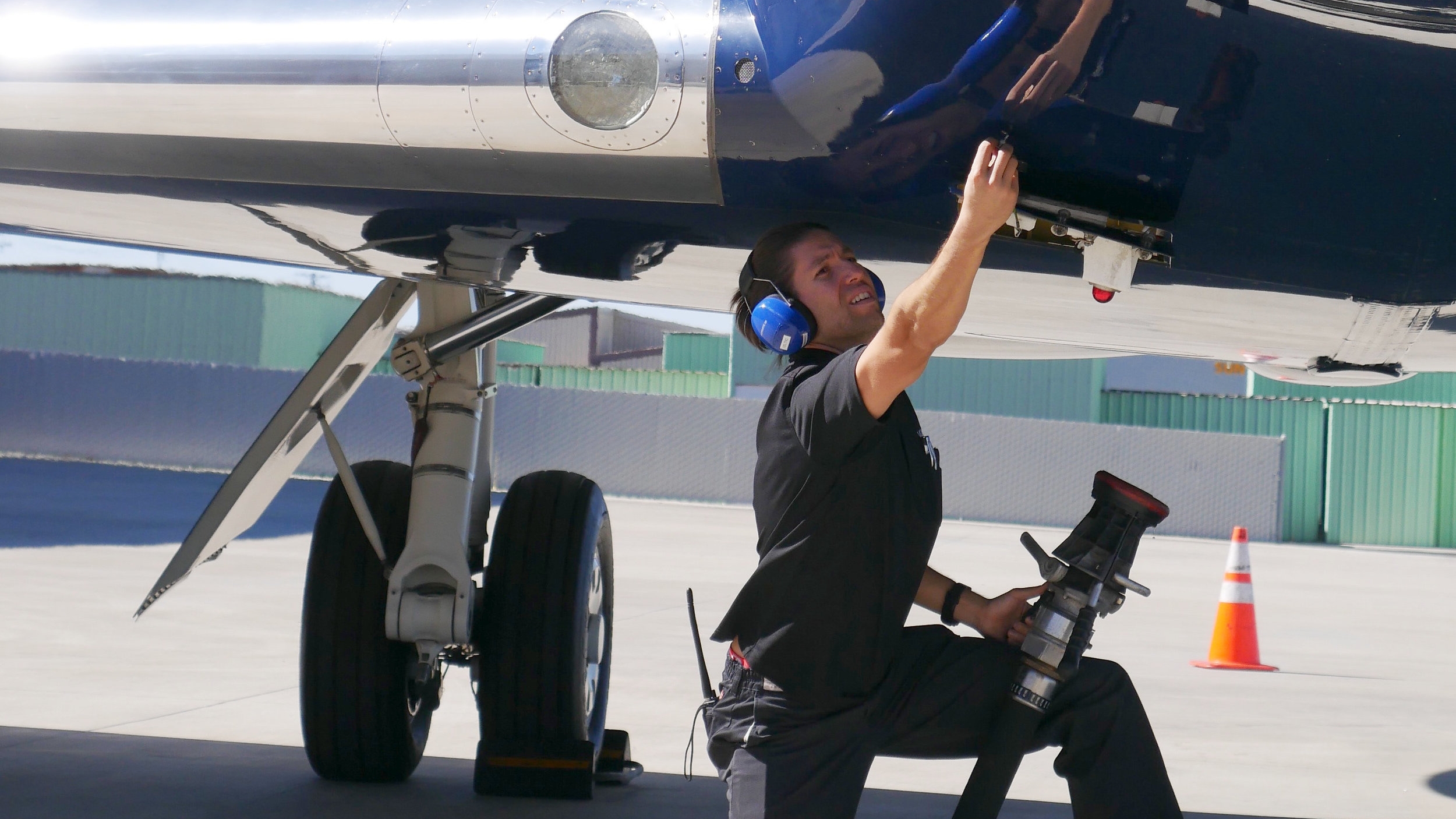
Alternate fuel: flights on sunflower oil and ethanol. Part 1
Different countries and some companies pass on their ideas and plans for transition from traditional and non-ecological types of aviation fuel such as kerosene and benzines to alternate and save variants for nature. Let’s see what is offered to the airplanes to fly.
On the agenda – ecology.
For global aviation fall 1.9% greenhouse gas emissions, 2.5% of CO2 emissions and 3.5% of radiative action – more precise measure of influence on global warming, Our World in Data project says. As alternate to traditional fuel in 2009 was advanced concept of sustainable aviation fuel.

Sustainable aviation fuel (SAF) is divided into two types: synthetic, derived from carbon dioxide (CO2) and water and bio – transformed biomass from oils, fat, agricultural wastes, primary products for sugar production and other. This fuel type has low carbon footprint and allows to reduce greenhouse gas emissions by 80%.
In 2016 International Civil Aviation Organization (ICAO) developed and approved special Carbon Offsetting and Reduction Scheme for International Aviation (CORSIA) that has to solve problem of CO2 emissions. As to the January 1st 2022 intention to join the program declared 107 countries – 77% of the participants of the international aviation market, 8 more countries will join it in 2023.
ICAO counts that up to 90% of international directions to 2027 will be highly ecological. According to the new requirements of the organization namely from 2027 airline companies will have to pay for CO2 emissions on international flights by acquiring corresponding volume of the quotes from the carbon dioxide capture projects approved by ICAO. Penalties of the companies will be invested in green energy, setting forests and other. Total volume of the emissions should be limited with the 2019 level – exceeding it company is obliged to compensate negative influence on the nature.
